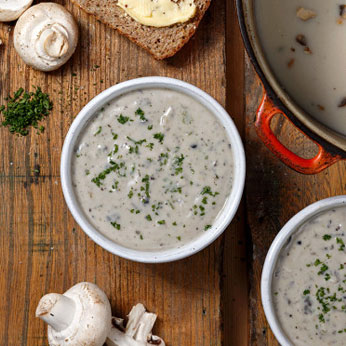Fin24
Nov 27 2018 12:29
Melanie Gosling
The government has lost out on more than R1bn in VAT from drought-stricken farmers who were forced to cut production after their irrigation water from the Cape supply dams was radically reduced a year ago.
Agri Western Cape CEO Carl Opperman said on Monday this was one of the facts he presented to Water and Sanitation Minister Gugile Nkwinti when they met to discuss the impact of water cuts.
“We put it in monetary terms. This is only the loss from VAT, and excludes the losses to the National Treasury from farmers’ income taxes,” Opperman said.
Agri Western Cape calculated that the VAT loss from the R5.9bn of lost fruit production was R890m. The VAT loss from wine was R45m and the loss from livestock was R237m, amounting to a total of R1.172bn.
“It also excludes the job losses, and the loss of buying power as a result and the loss of VAT from that. The farmers suffered losses, but the overall losses were much more widespread. The whole system is under threat because there is not enough sustainable water.”
Water allocations
The agricultural sector – and the City of Cape Town – are on tenterhooks waiting to hear what the new water allocations will be.
On November 19, the Department of Water and Sanitation met municipalities, water boards, agricultural bodies and other stakeholders dependent on the Cape supply dams to discuss water allocations for the coming “hydrological year” that started on November 1.
Opperman said agriculture asked that, with the Cape supply dams more than 70% full, agriculture be given their full quota of irrigation water with zero cuts for the coming year.
In November last year, when the Cape supply dams were critically low, the department cut irrigation water to irrigation farmers by 60% and to the City of Cape Town and other urban areas by 45%.
Opperman said the agricultural industry needed at least a year’s full irrigation water for farmers to get back on their feet.
“The water in the dams is double what it was this time last year. We put our suggestions on the table to the minister. We also told him that in future we couldn’t wait so long to get an answer. The hydrological year ended on October 31. It is nearly the end of November and no decision has been made. We need to know how much water we’re getting to be able to plan, to order seed, to know which orchards you can irrigate. Why is it taking so long?”
Rashid Khan, regional director of the Department of Water and Sanitation, said he was not permitted to release the figures.
After the meeting with stakeholders on November 19, his office made recommendations to the water and sanitation head office in Pretoria.
“Now the director general (DG) will have to approve it. She will consult the technical people and then make a decision,” Khan said.
Job losses
Departmental spokesperson Sputnik Ratau said on Monday the matter was still under discussion.
“There have been recommendations sent to the acting DG. They have made their requests, the City of Cape Town and others. A final decision still has to be made,” Ratau said.
The estimates are that 30 000 jobs were lost in Western Cape agriculture because of the drought.
The sector employs 340 000 people and contributes 10% to the provincial GDP.
The six dams in the Western Cape Supply System supply water to the City of Cape Town and towns in the Overberg, the Boland, West Coast and Swartland, as well as irrigation water to farmers, particularly the deciduous fruit, grape and wine farmers.
